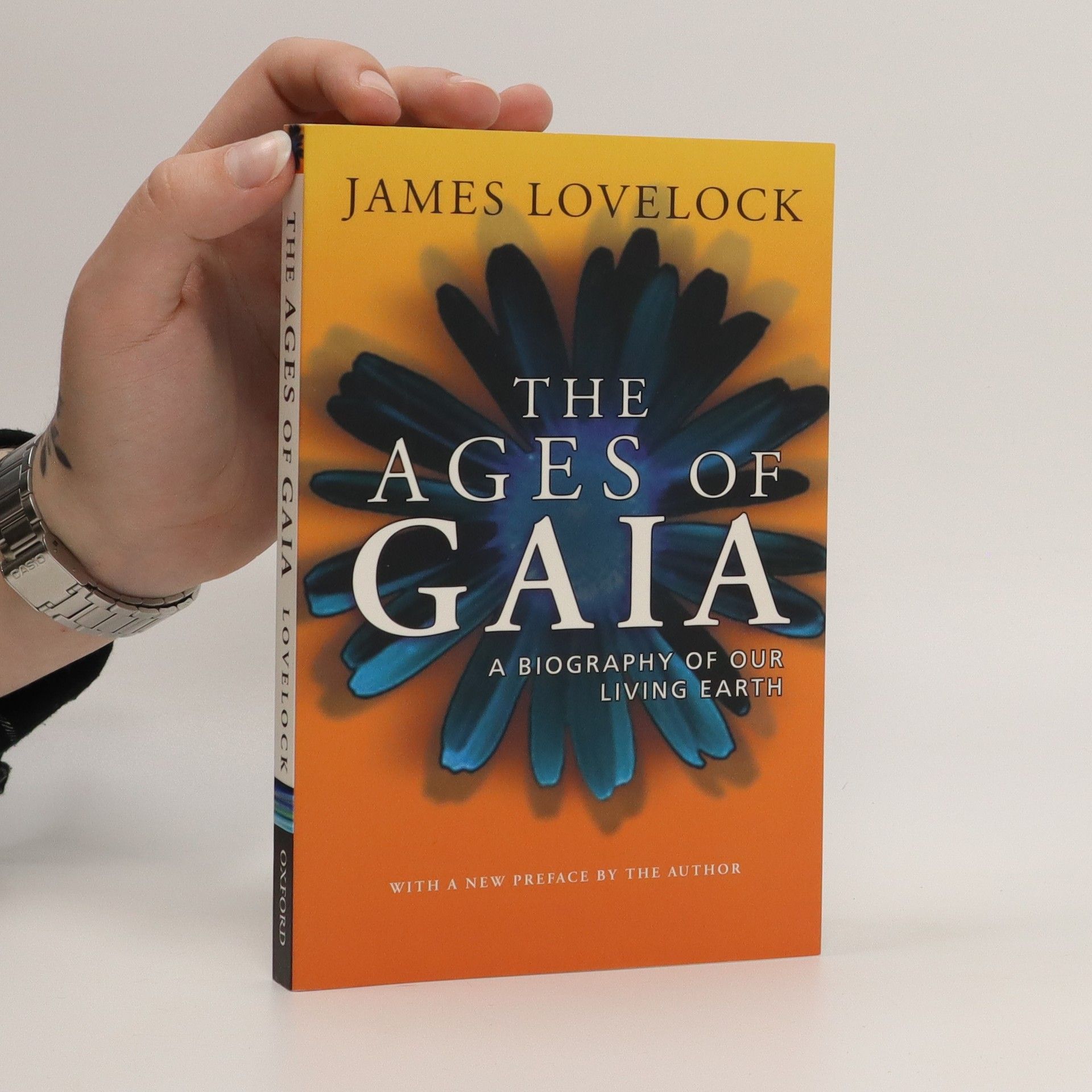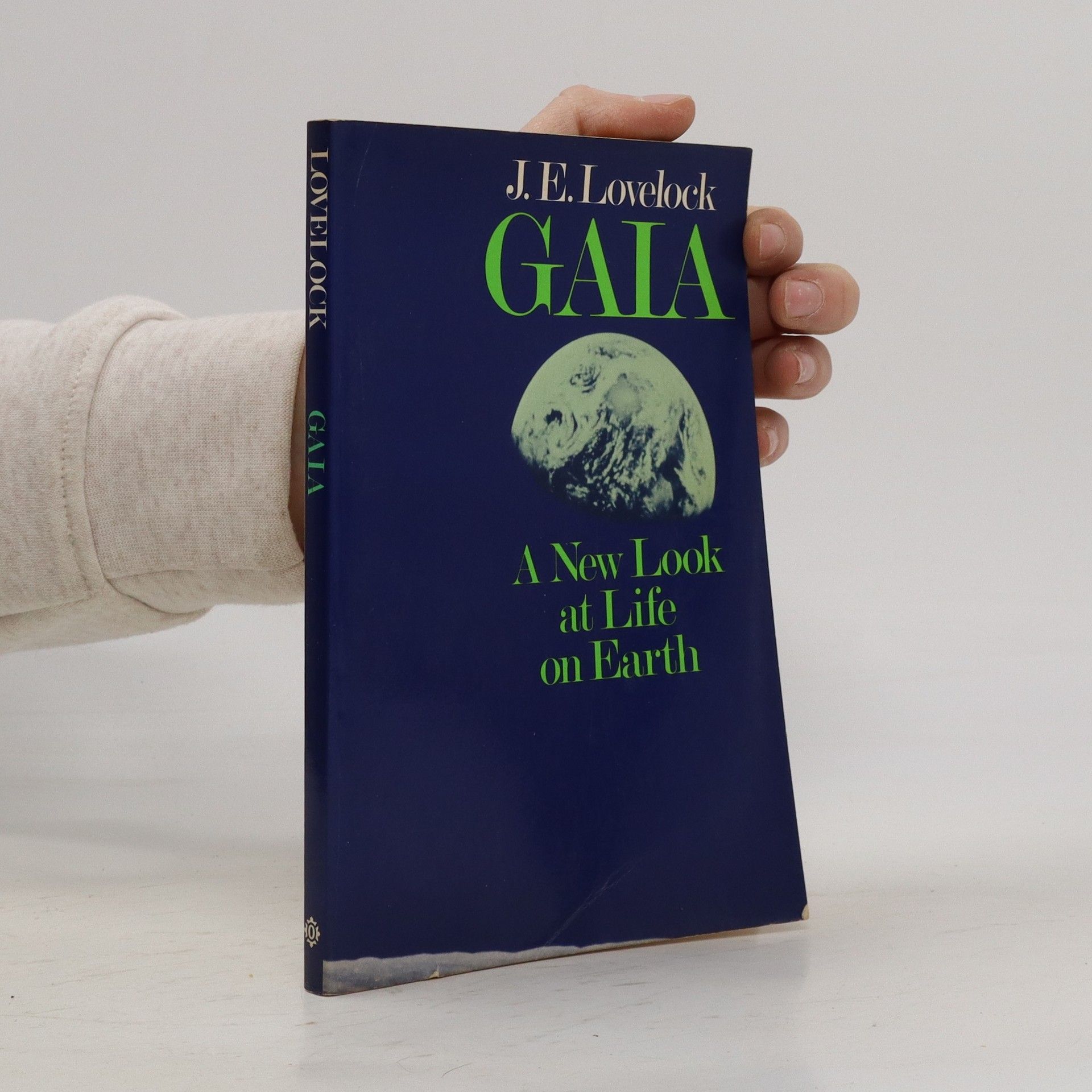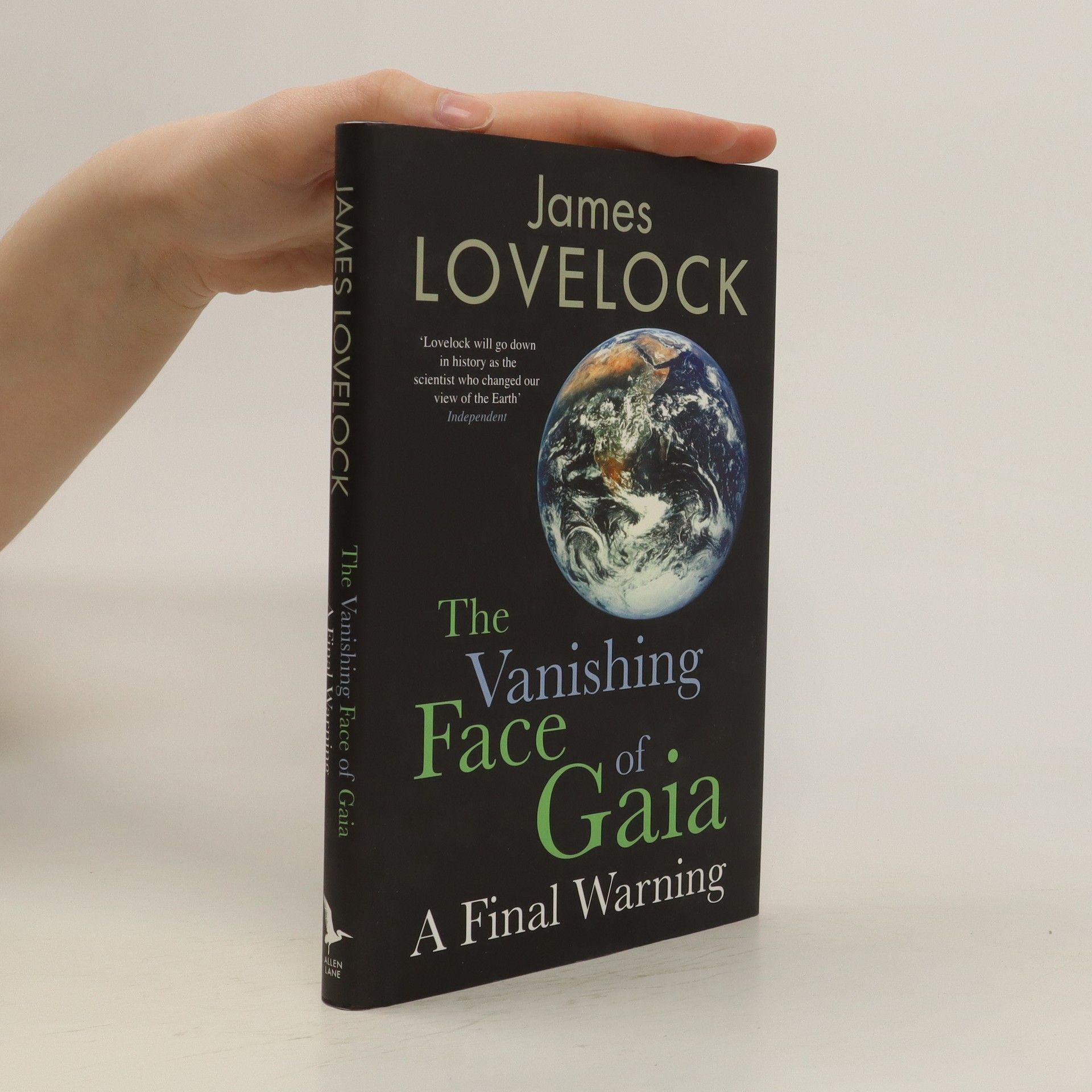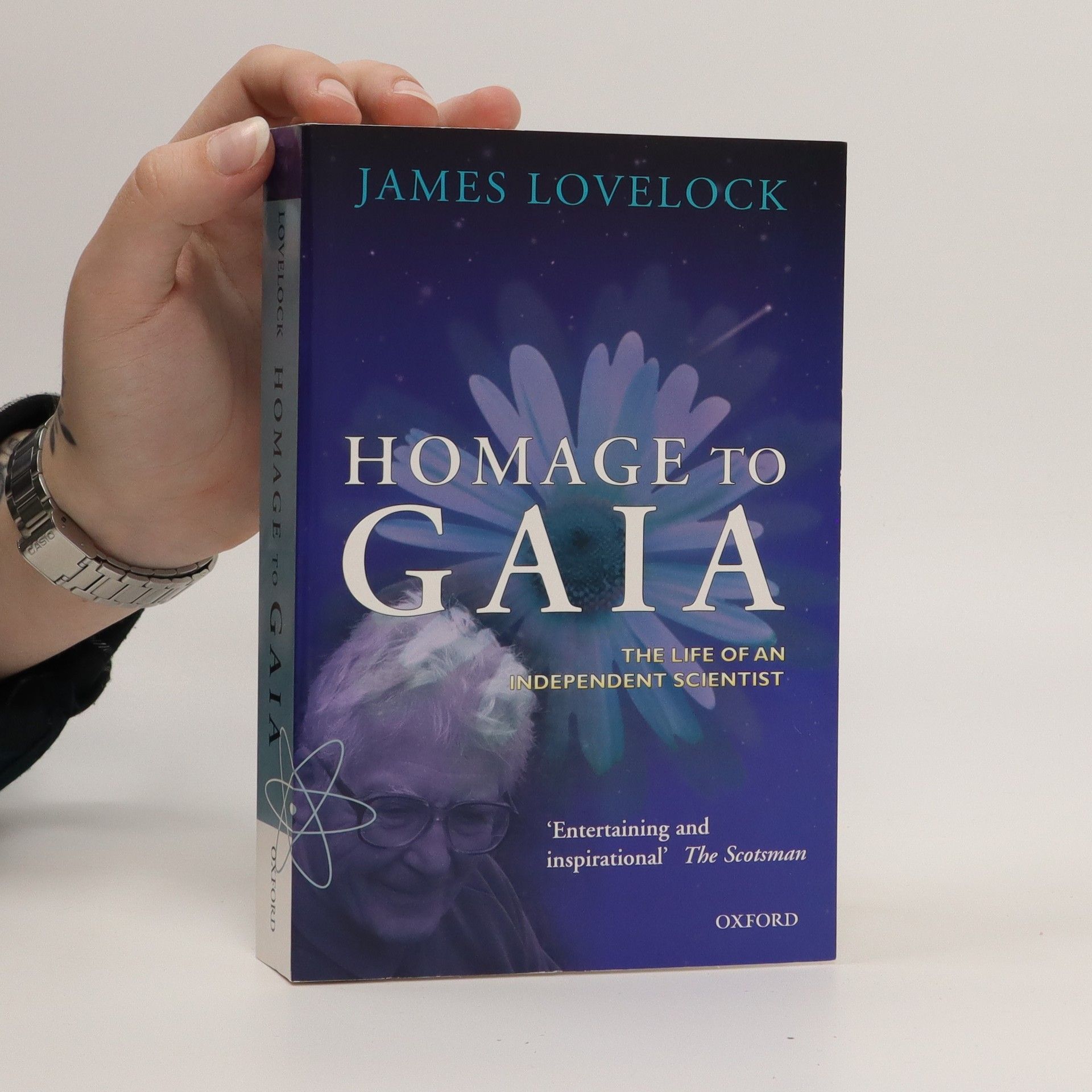Gaia : medicine for an ailing planet
- 192 pages
- 7 hours of reading
The Gaia hypothesis, first put forth in the mid-1960s, and published in book form in 1975, explores the idea that the life of earth functions as a single organism which actually defines and maintains conditions necessary for its survival. Disclaiming the conventional belief that living matter reacts passively in the face of threats to its existence, Lovelock argues that the earth's living matter - air, ocean, and land surfaces - forms a complex system which has the capacity to keep our planet a fit place for life. Now reissued with an updated preface which discusses how Lovelock's predictions have already begun to hold true, Gaia has dramatically altered the way scientists view evolution and the environment.










